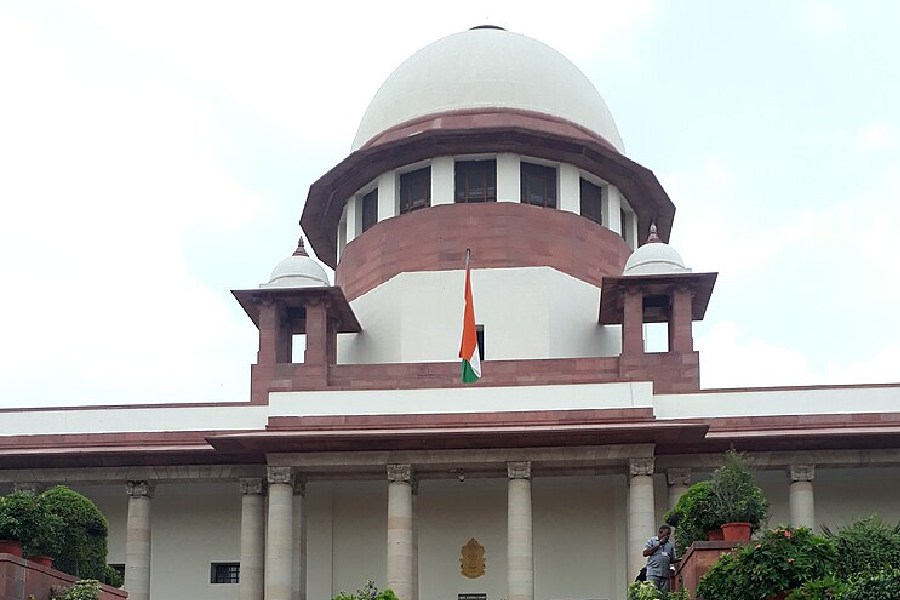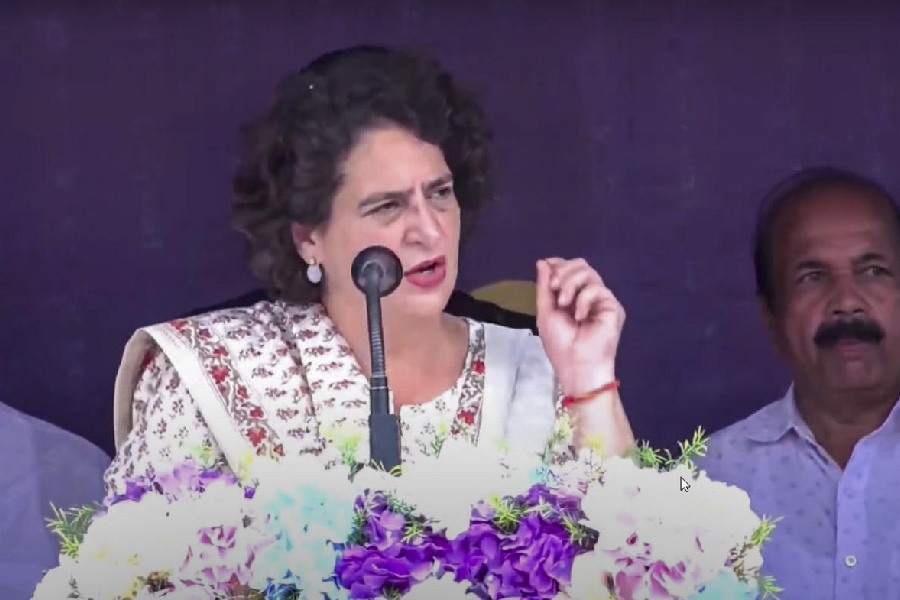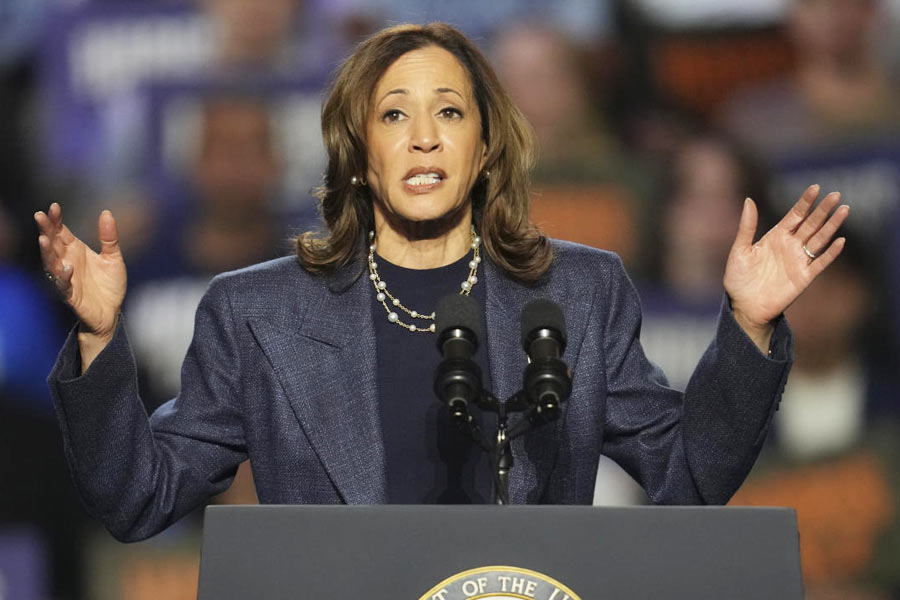In a big relief to madrasas in Uttar Pradesh, the Supreme Court on Tuesday upheld the constitutional validity of the 2004 Uttar Pradesh Board of Madrasa Education Law and set aside an Allahabad High Court verdict quashing it on the ground that it was violative of the principle of secularism.
Besides the curriculum of the National Council of Educational Research and Training (NCERT), the Madarsa Act made room for religious education as well.
The Allahabad High Court erred in holding that the law is violative of the principle of secularism, said a bench comprising Chief Justice of India (CJI) D Y Chandrachud and Justices J B Pardiwala and Manoj Misra.
"We have upheld the validity of the UP madrassa law and moreover a statute can be struck down only if the State lacks the legislative competence," the CJI said while pronouncing the verdict.
The order came as a big relief to teachers and students of UP madrasas as the high court had ordered closure of the seminaries and relocation of students to other schools in the state.
The SC said the legislative scheme of the law was to standardise the level of education being prescribed in madrassas.
The top court on October 22 reserved its verdict on pleas challenging the Allahabad High Court judgement.
The bench heard a battery of lawyers on behalf of eight petitioners, including Anjum Kadari, besides Additional Solicitor General K M Natraj, who appeared for the Uttar Pradesh government, for almost two days before reserving the verdict.
On March 22, the Allahabad High Court declared the Act as "unconstitutional" and violative of the principle of secularism and asked the state government to accommodate madrasa students in the formal schooling system.
In a breather for about 17 lakh madrasa students, the SC stayed the HC order on April 5.
Except for the headline, this story has not been edited by The Telegraph Online staff and has been published from a syndicated feed.











